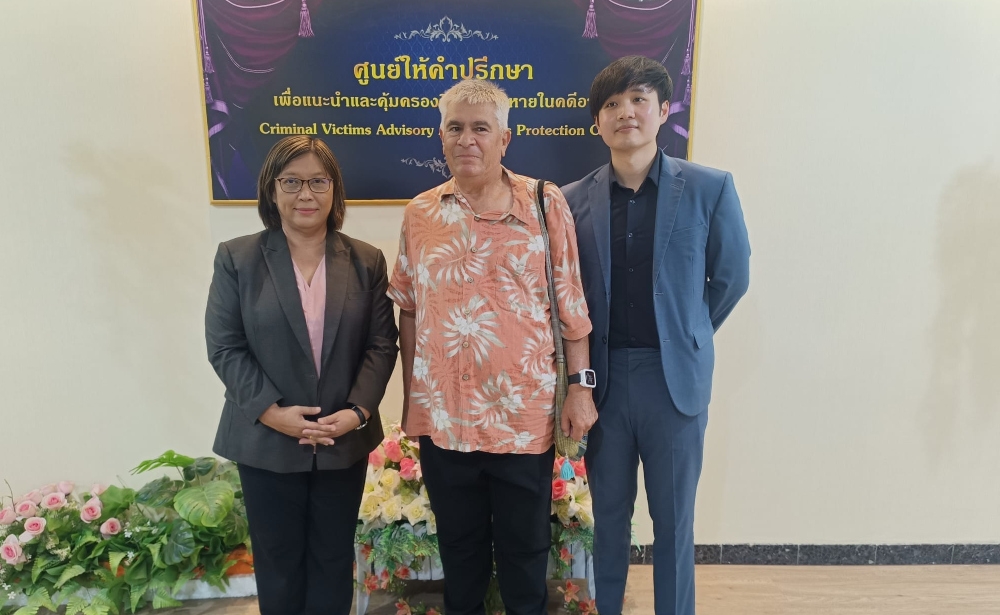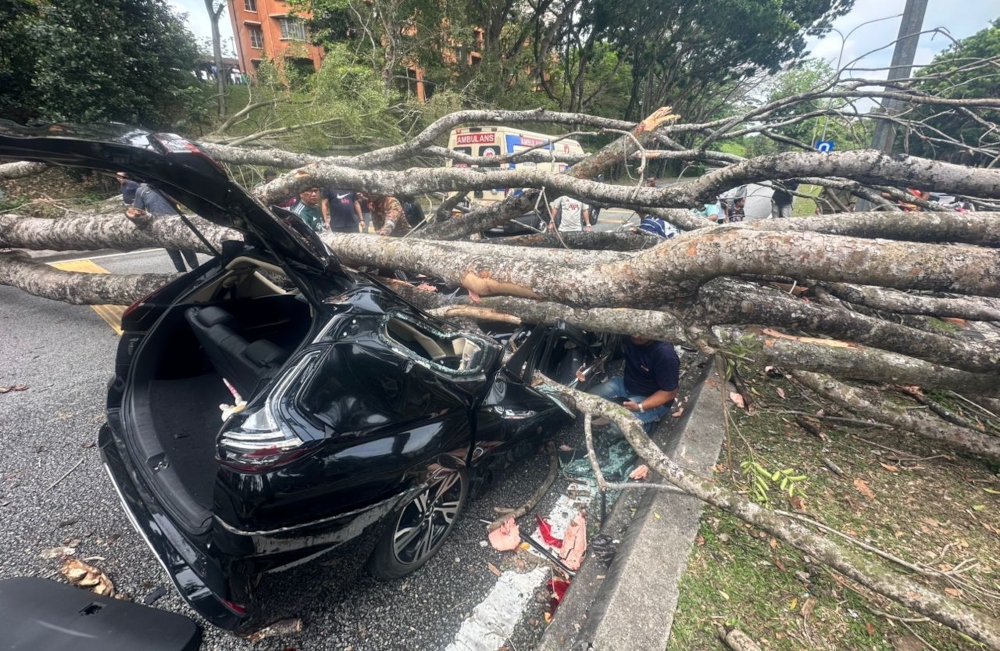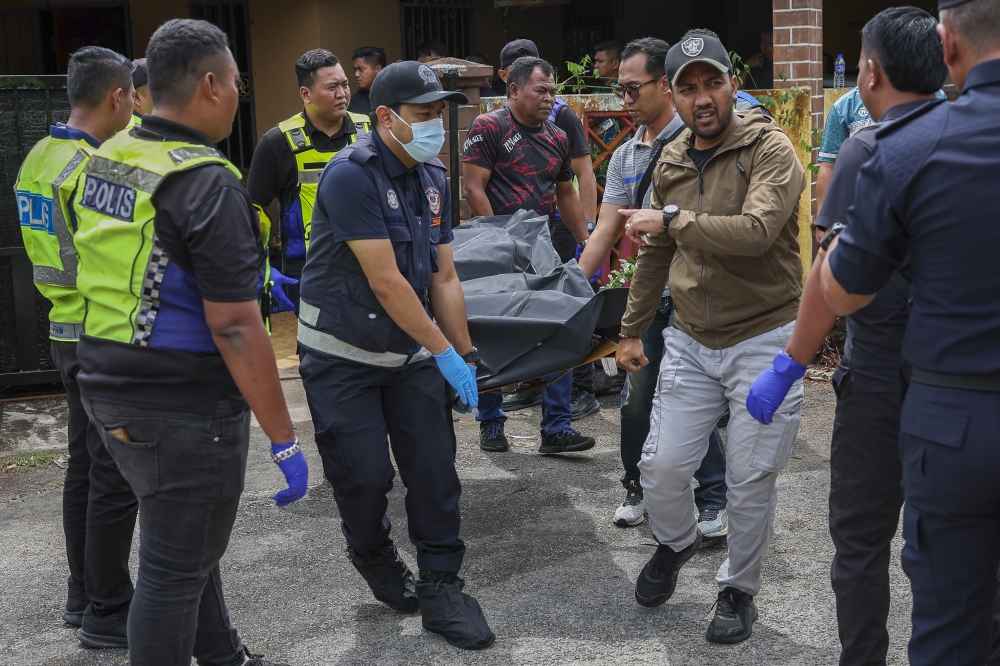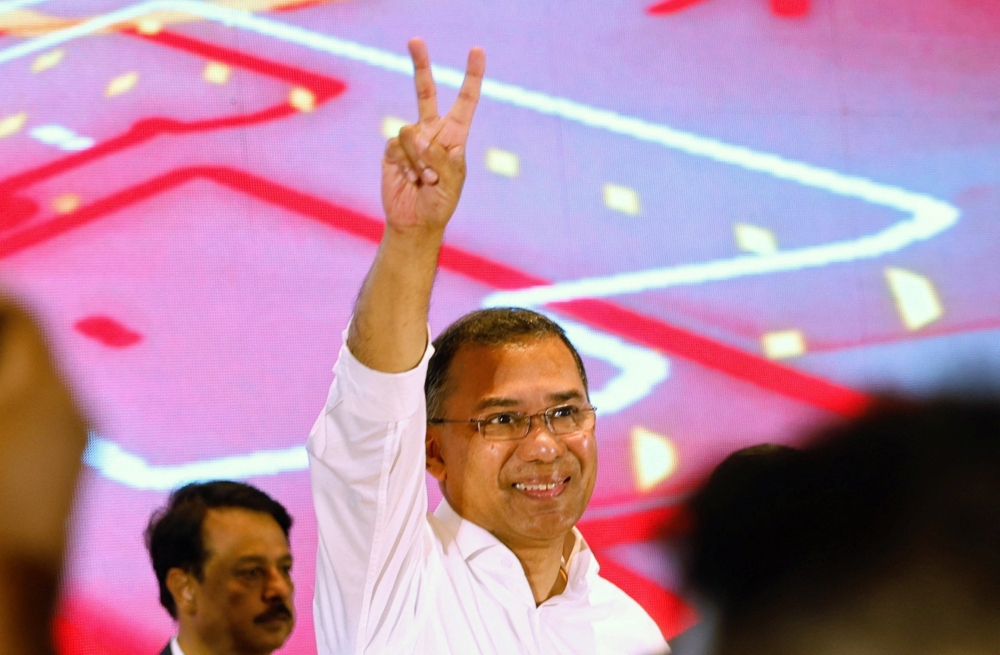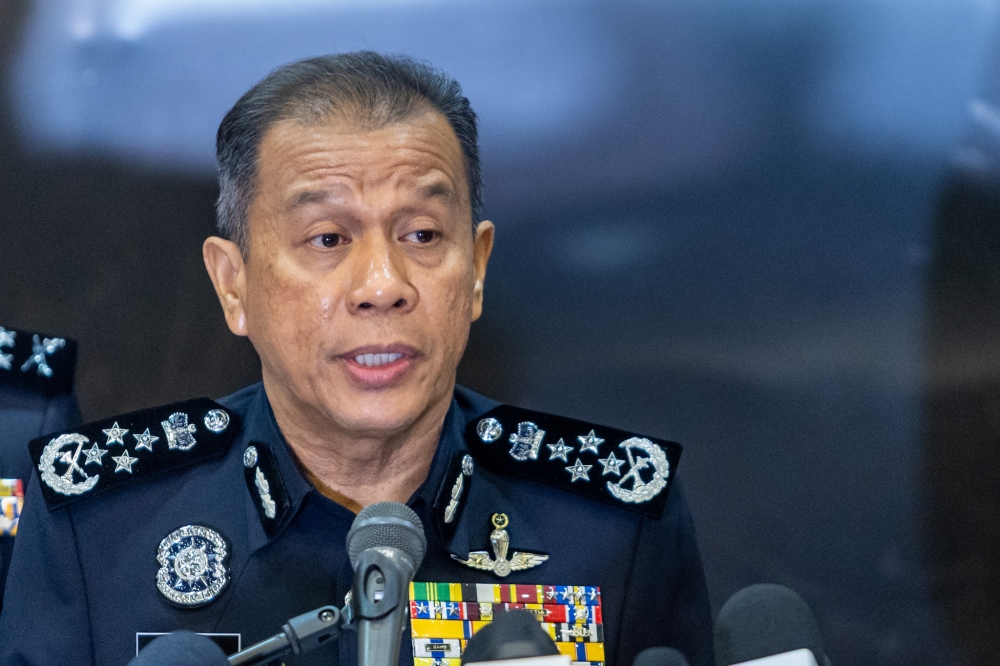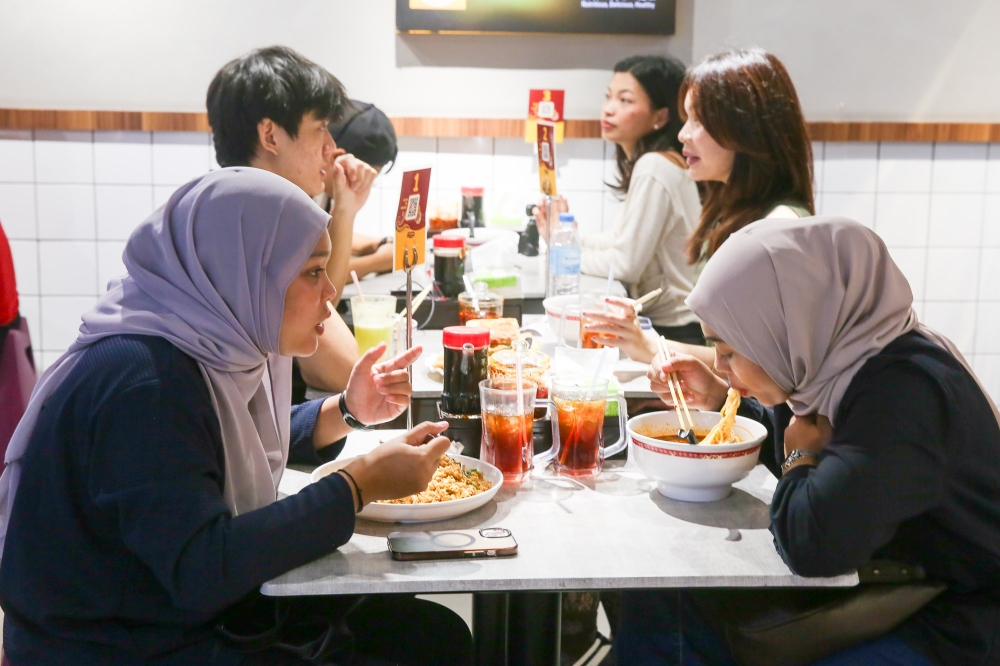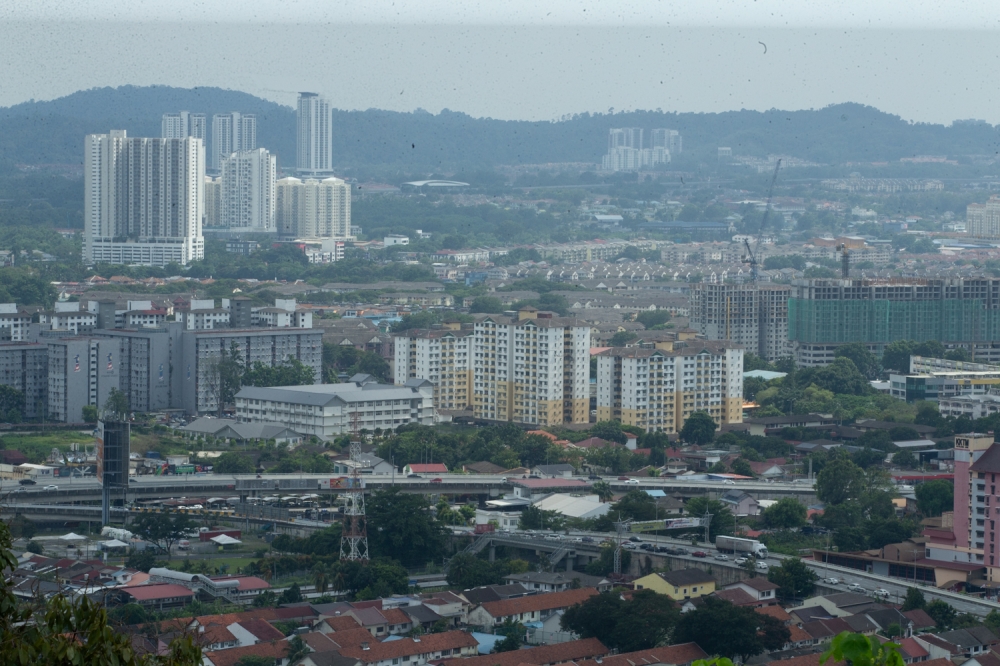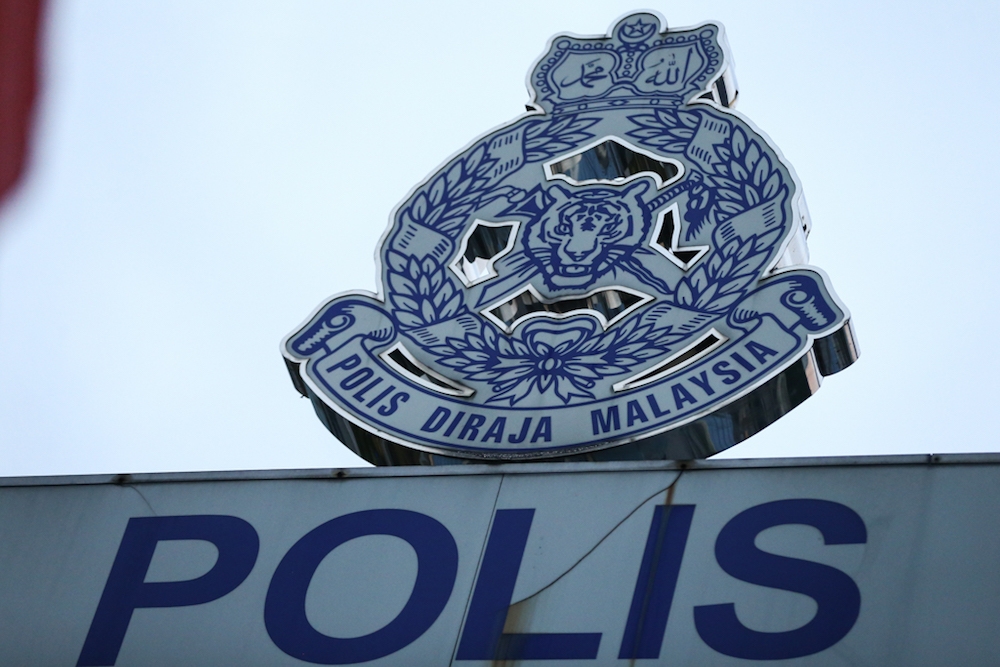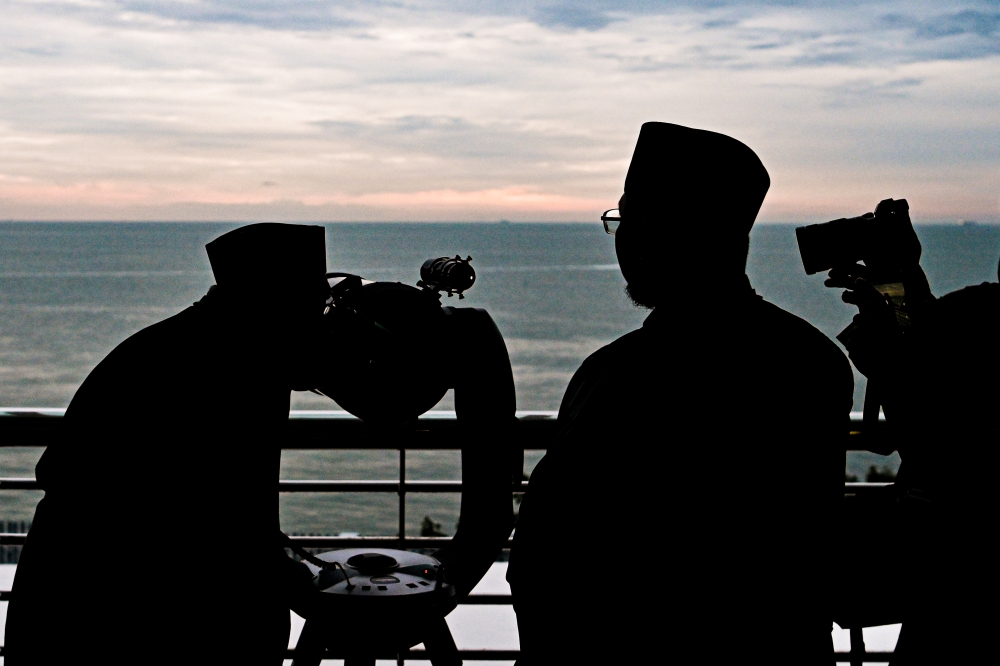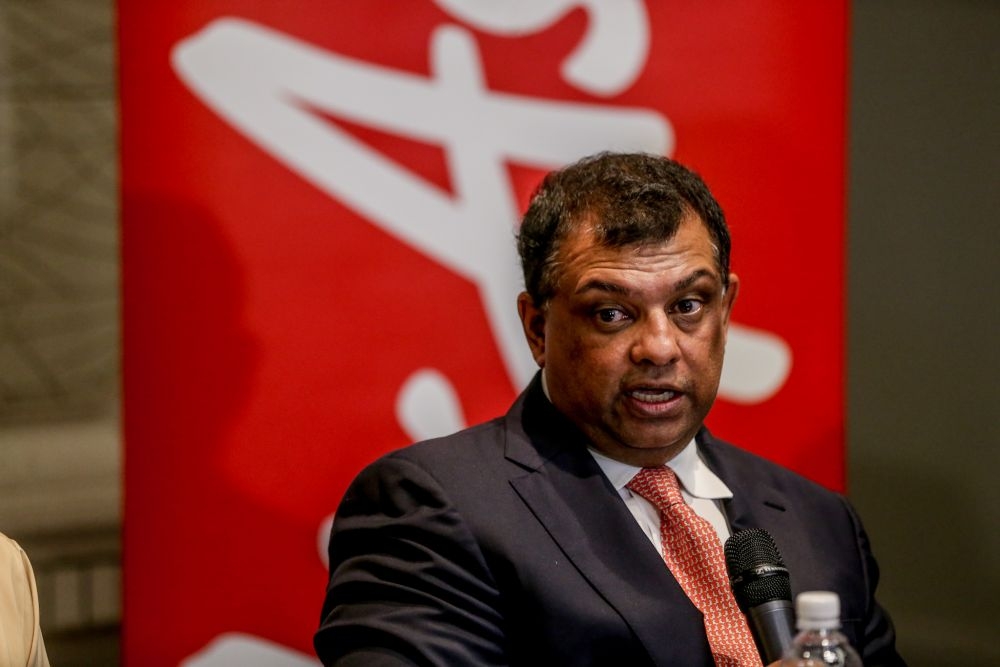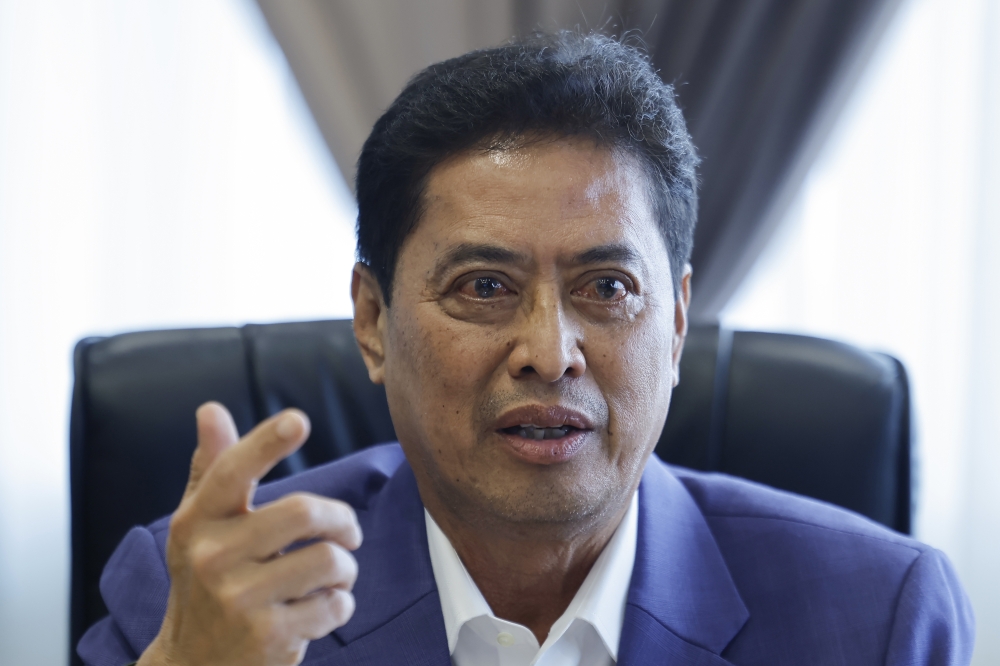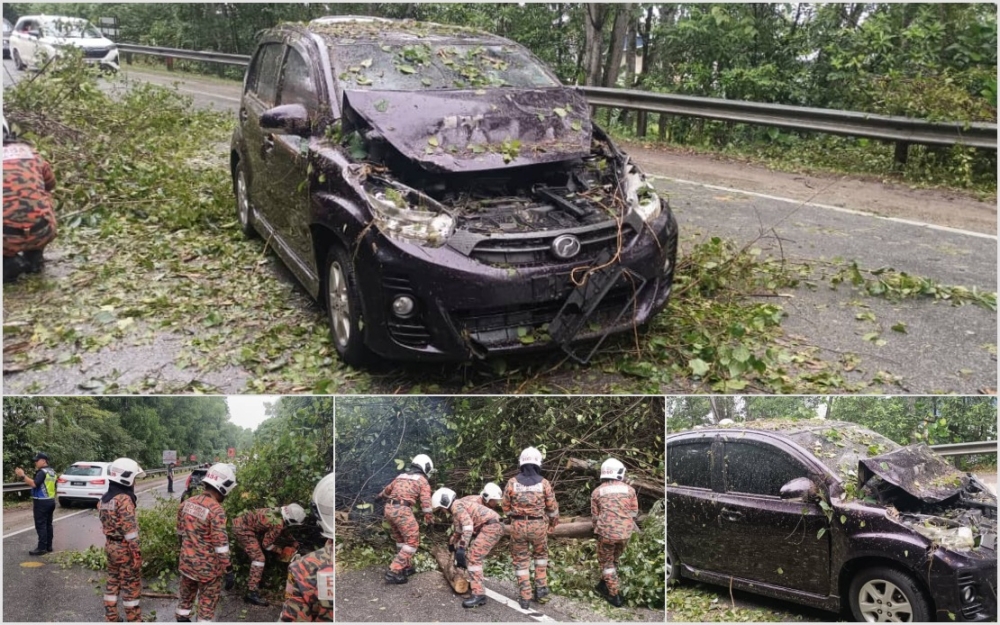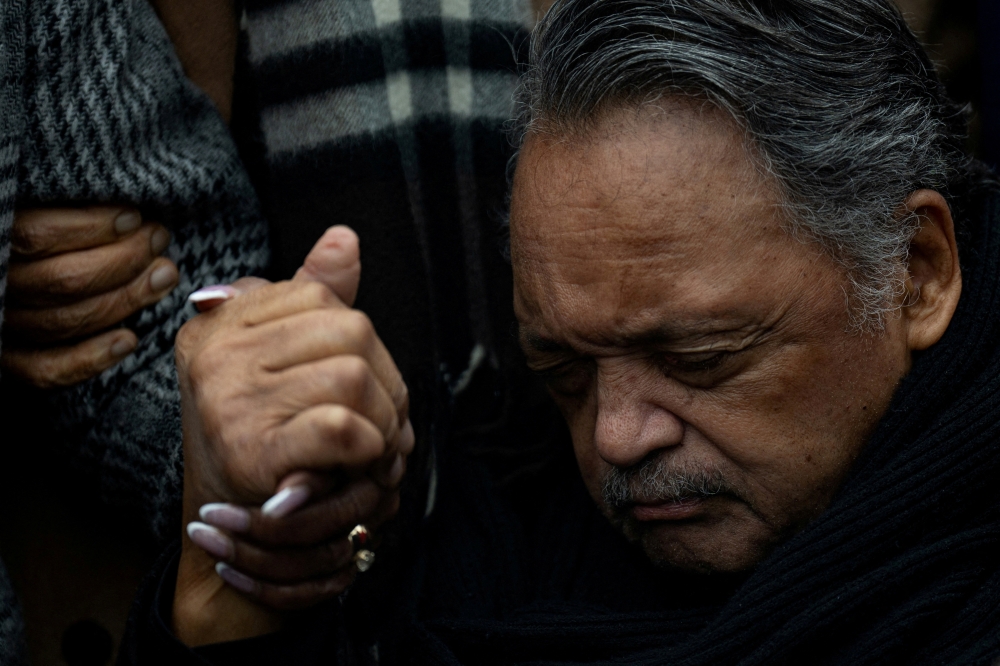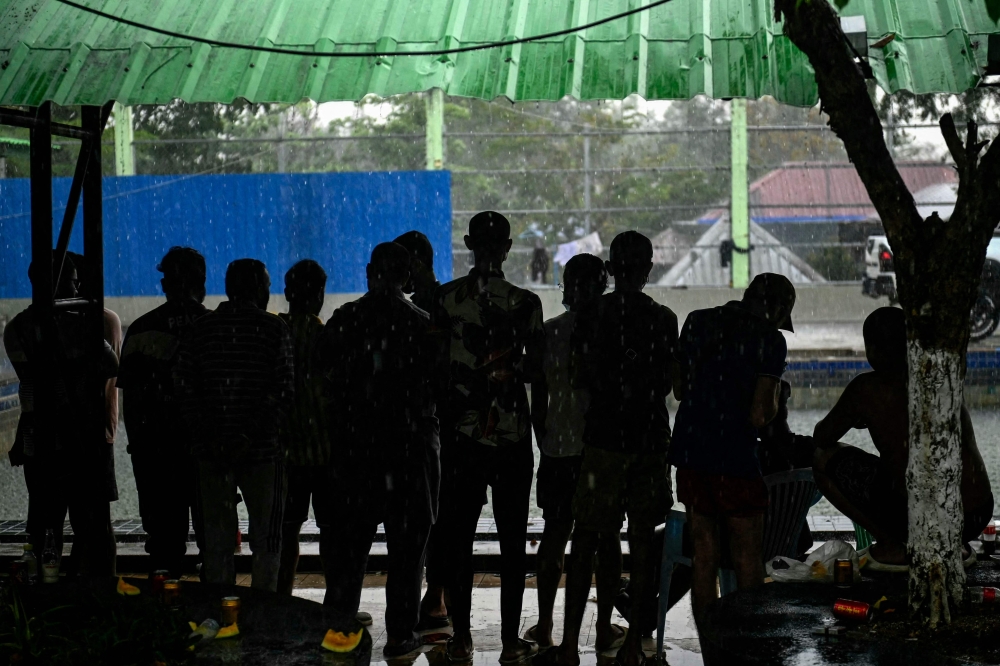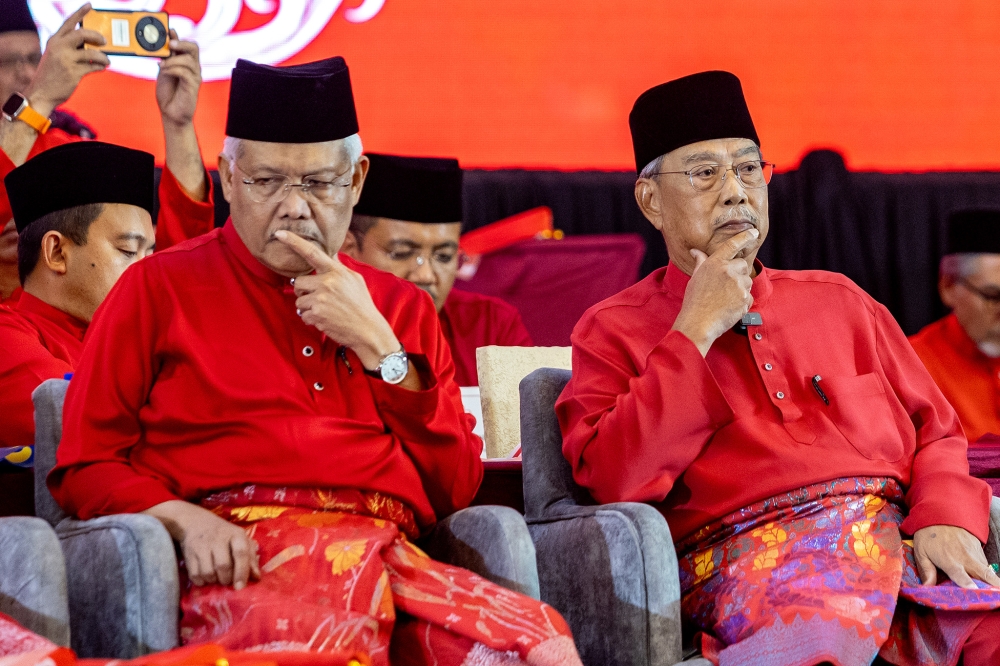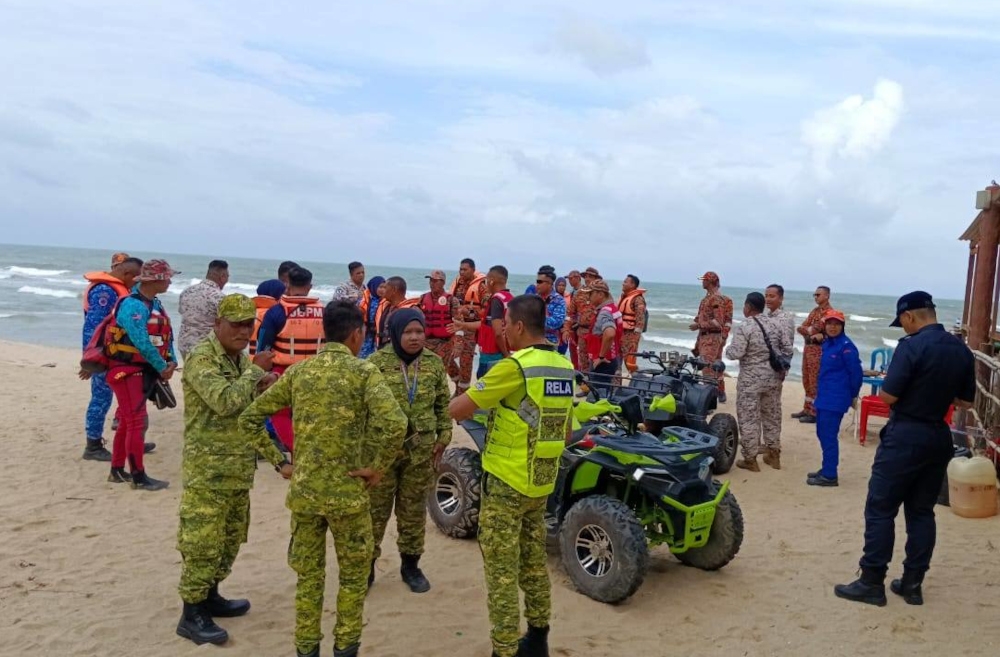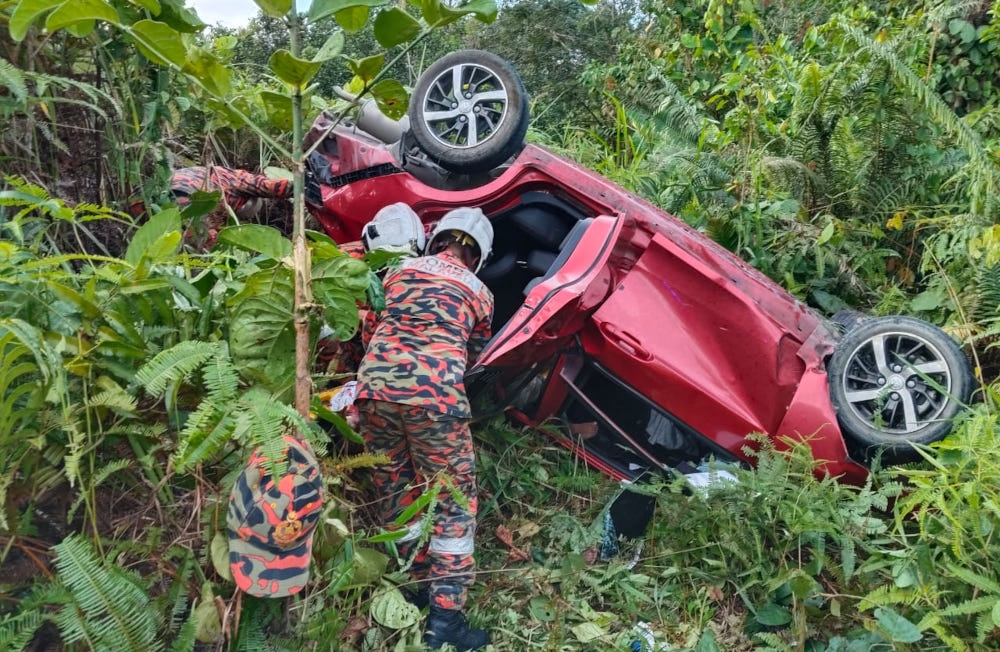MAY 2 — As the campaign of xenophobia, hate and misinformation against the Rohingya people rapidly spreads in Malaysia, the Home Ministry has finally responded with a statement.
How did we go from being an internationally recognised advocate for one of the most persecuted ethnic minorities in the world to one that sits in silence as similar hate and intolerance is perpetuated in our own country?
The Government cannot allow for calls to return victims of genocide into the hands of their persecutors.
As a nation, we have to progress and develop, not only economically, but also socially and culturally.
Malaysians need to study and understand issues, as opposed to merely accepting sweeping generalisations and inaccuracies as truth.
The Rohingya have faced decades-long systematic discrimination and targeted violence. In 2019 alone, escalating conflict in Myanmar has internally displaced at least 80,000 people on the west coast.
Just in a short span of three years, more than one million Rohingya refugees have lost their homes — dispersed across the region — not by choice, but because of severe threats to their lives and well-documented human rights violations.
Bangladesh currently hosts at least 900,000 of them in overcrowded Cox’s Bazar camps and Malaysia hosts at least 100,000 Rohingya registered with UNHCR. There are Malaysians calling for relocation of the Rohingya refugees to Bhashan Char Island in Bangladesh without understanding the implications.
Bhashan Char is an islet prone to cyclones and flooding, isolated four hours from land, developed by the Bangladesh Government to address overcrowding of the refugee camps.
This must not be mistaken for an autonomous island where the Rohingyas can be protected, access rights and obtain citizenship. Relocation has been repeatedly postponed as independent and thorough technical assessments have yet to be conducted to determine the safety and sustainability of the island.
The solution for the Rohingya is also not as simple as repatriating them. We must revisit the root cause that has forced them to flee their ancestral lands in Rakhine State — genocide.
In January 2020, the International Court of Justice ordered Myanmar to take provisional measures to prevent acts of genocide towards the Rohingya. The Rohingya crisis is a regional crisis, and Malaysia has been the leading Asean Member State calling on Myanmar to step up and take responsibility. We must not depart from this critical role.
As the previous Organisation of Islamic Cooperation (OIC) Special Envoy for Myanmar, I have repeatedly urged for Myanmar to grant the Rohingya citizenship and respect their fundamental rights.
We must recognise that war crimes are intensifying in Rakhine State, as the Myanmar military inflicts ‘immense suffering on ethnic communities’ as noted by the UN Special Rapporteur on Myanmar.
Hundreds of thousands including women and children have been displaced, injured and killed. Rohingya repatriation to Rakhine will require a strategy to end the armed conflict and an effective peace and reconciliation process in the country.
The Rohingya boats are not a new occurrence in the region. If the 2015 Andaman Sea Crisis teaches us anything, it is that regional cooperation and solidarity is key in resolving this matter. Malaysia and others stand only to benefit from that greater cooperation and support for populations in need.
There are some structures already in place. Instead of pursuing policies that block the live-saving rescue of refugees on boats, the government must activate and utilise the ‘Consultation Mechanism and Task Force on Planning and Preparedness of the Bali Process on People Smuggling, Trafficking in Persons and Related Transnational Crime (Bali Process)’ created to address emergencies such as this.
There is an immediate need for a comprehensive regional response to conduct lifesaving search and rescue missions, disembarkation and provision of humanitarian assistance, and more so, increase pressure on Myanmar to end military campaigns against ethnic minorities which have affected many countries in the region.
Finally, the recent backlash against the Rohingya by Malaysian citizens also indicates the implication of the absence of government policies to develop policies and frameworks to regularise people who require our protection.
Many of the issues and concerns raised by Malaysians can, in fact, be reduced through effective policy and programmes for all refugees to educate them about Malaysian law, custom and culture. We are aware that refugees and asylum seekers without proper documentation under the Malaysian law are classified as ‘illegals’, as yesterday’s arrests have demonstrated.
Despite Malaysia not being a signatory to the 1951 Refugee Convention, Malaysia has had a long history of sheltering those in need of protection. As a member of the international community, we have a duty to do what we can within our means for persecuted populations in our land and at our doorstep.
The Rohingya people have continued to maintain that they ultimately want to return to Myanmar in safety and dignity. While they are here, and while we collectively seek sustainable solutions for this vulnerable group, Malaysia must play our part.
The time is nigh for implementation of a national legal framework to ensure systematic management of refugees for the benefit of Malaysian societies.
* Tan Sri Syed Hamid Albar is the former minister for home affairs, foreign affairs, defence and justice, and former special envoy of the OIC for Myanmar.
* This is the personal opinion of the writer or publication and does not necessarily represent the views of Malay Mail.

